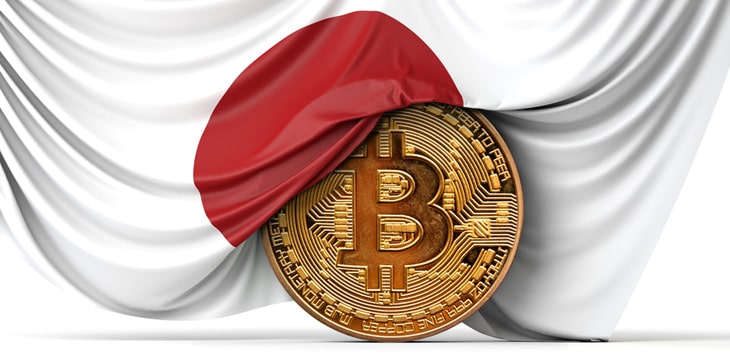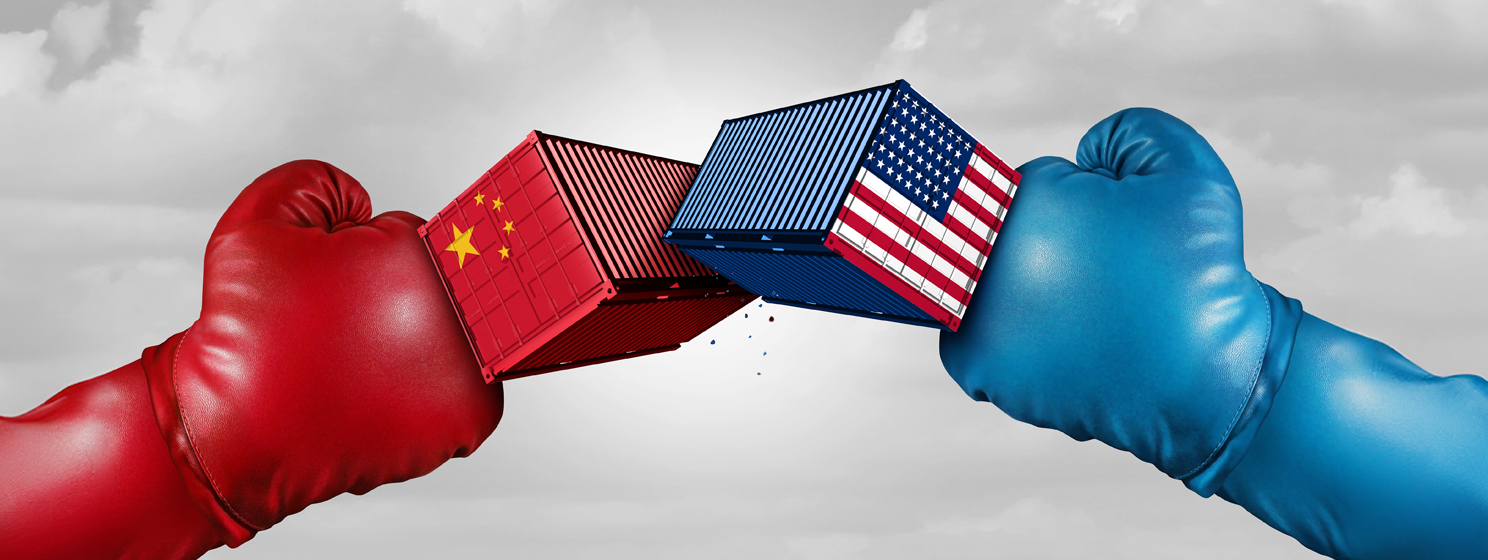|
Getting your Trinity Audio player ready...
|
Operating a digital currency exchange in Japan currently is “rather tough,” the country’s financial services regulator has admitted. Junichi Nakajima, who heads the regulator, believes the country needs to investigate further on the merits of digital currencies before making it easier for investors to access them.
Nakajima took over the helm of the Financial Services Authority (FSA) in July 2021, at a time when overseeing the digital currencies industry is taking center stage for the watchdog. In an August 10 interview with Bloomberg, he revealed how tough a balancing act regulating digital currencies is, as he threads the needle between protecting investor without stifling innovation.
Nakajima told Bloomberg that he’s open-minded about the potential benefits that digital currencies present, such as offering a quick and cheap way to transfer value. However, in Japan currently, they are mainly used as a means of speculation and investment. To compound the challenge of regulating this industry, a new sector in decentralized finance has sprung up in recent years and is now worth tens of billions of dollars.
Before taking over as the leader of the FSA, Nakajima served for two years as the director general of the Policy and Markets Bureau which is under the FSA. Since graduating as an engineer from the University of Tokyo in 1985, he has been serving in the Japanese government.
In his long bureaucratic career, Nakajima has been vastly involved in determining the direction that the FSA takes while approaching digital currencies. He was one of those charged with crafting Japan’s first regulatory framework on digital currencies. This included the registration requirement for exchanges in 2017, a move that has pushed out titans like Bybit and Binance.
Nakajima commented, “We need to consider carefully whether it is necessary to make it easier for the general public to invest in crypto assets.”
He admitted that operating an exchange in Japan is “rather tough” as many continue to struggle financially. In addition, getting the FSA’s license has proven a Herculean task, with only 31 exchanges managing to do so.
As with many other regulators, Nakajima pointed to the lack of underlying assets for digital currencies, unlike stocks, which he believes is the reason there are big price swings in the sector. This, according to him, is the reason the FSA doesn’t allow digital currency investment trusts in Japan.
Watch: CoinGeek Zurich panel, Blockchain Law & Policy

 02-12-2026
02-12-2026 




